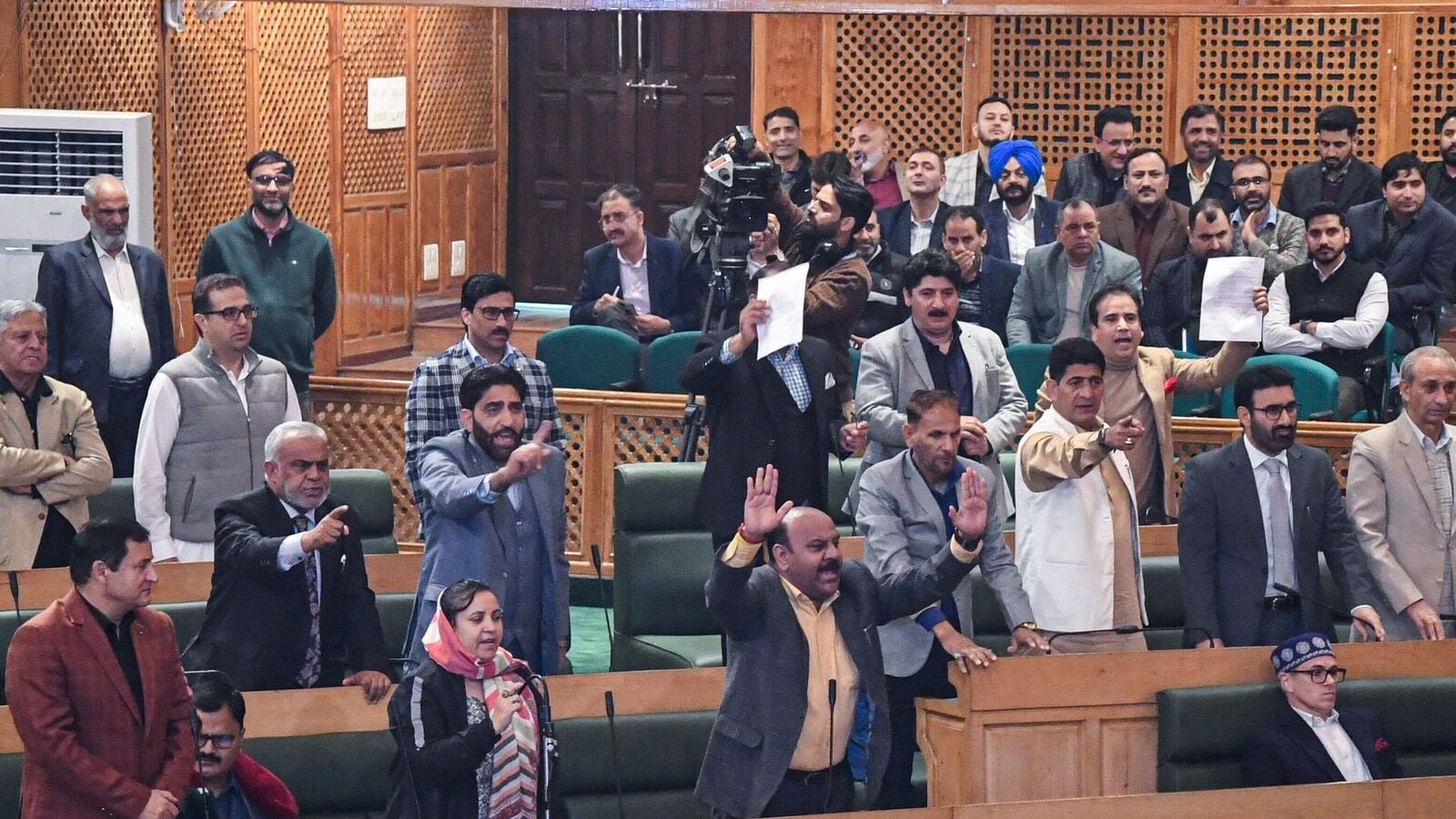On coming to power Jim Hacker, the protagonist of “Yes, Prime Minister”, a British comedy series, asks about the hotline to the Kremlin. It works only “theoretically”, he is told; once they reached a switchboard operator who “didn’t seem to speak much English”. What’s more, using it “tends to create unnecessary panic at the other end”.
The farce springs to mind for those who, these days, urgently try to speak to China about security frictions in Asia, from its “grey-zone” bullying of neighbours over disputed islands and shoals to its wargames around Taiwan. The Philippines has a hotline to China’s foreign ministry. But when it calls to discuss China’s water-blasting of its coastguard ships, the Chinese either do not answer, or say the hotline is not for “complaints”, or accuse the Filipinos of causing trouble. Japan’s defence-ministry hotline has not stopped intensified Chinese probing of contested waters.
America, especially, wants military-to-military (“mil-mil”) communications with China, akin to those of the cold war with the Soviet Union. At a time of deep geopolitical rivalry, with the air and seas in Asia abuzz with military forces, America says open lines of communication would help prevent incidents from sliding into war. China, though, regards military contacts not as prudence but as a favour: granted in times of goodwill and withheld in periods of displeasure.
Mil-mil contacts were halted after a visit to Taiwan by Nancy Pelosi, then Speaker of America’s House of Representatives, in 2022. Chinese jets and warships harassed American ones with risky moves. Now tensions have eased a bit following a summit in San Francisco last November between Joe Biden and Xi Jinping, the American and Chinese presidents. Unsafe encounters are much reduced. Mil-mil meetings are resuming.
That will be a relief for Asia’s defence bigwigs at this week’s Shangri-La Dialogue, an annual talkfest in Singapore. They don’t want to be caught in a war between China, their main economic partner, and America, the security guarantor for many. Last year Lloyd Austin, America’s defence secretary, could merely shake hands with his Chinese counterpart, General Li Shangfu, over dinner. Little matter; General Li was soon purged.
This time Mr Austin is set for a full bilateral with the new man, Admiral Dong Jun. They spoke over video in April. Similarly, America’s chairman of the joint chiefs of staff has had a video call with his opposite number. The Military Maritime Consultative Agreement, a forum on safety at sea, has also resumed.
Nevertheless, any military contact will be halting. For one thing, notes Rush Doshi, until recently a White House official, worsening relations between the mainland and Taiwan could strain mil-mil contacts when they matter most. China recently held two days of “punishment” military exercises, encircling the island, after the inauguration of Taiwan’s new president, Lai Ching-te.
Moreover, the main warfighters—the heads of America’s Indo-Pacific Command and of China’s eastern and southern theatres—have yet to talk. And in China’s hierarchical system, notes Mr Doshi, many of China’s brass will shrink from contact with Americans, fearing it “can only bring trouble”. Pentagon officials assume that “the Chinese will go dark” in the early phase of any crisis. Nevertheless, Americans still think talking is better than not talking; nuances in formulaic Chinese remarks can still yield insights.
For a sense of the dangers, consider the back and forth between American forces and the People’s Liberation Army (PLA) as Robin Hsu, a military enthusiast, does from a hilltop in southern Taiwan. Overlooking the vital Bashi Channel, his radio comes alive with a stentorian warning from the PLA to an American jet—probably a “Rivet Joint” surveillance plane nearby: “You have entered airspace over China’s contiguous zone.” Back comes a drawl: “Relaaaaaax! I’m in international airspace.” Minutes later, another warning: “This is Chinese naval warship. You are approaching me. What is your intention?” Plainly, relations are far from relaxed.
Indeed, China uses such risk to warn America: if you don’t want a mishap, pull back. America, by contrast, learned during the Cuban missile crisis of 1962 that risk must be mitigated because superpower confrontations can escalate to nuclear war. All of which prompts some at the Pentagon to ask: does another Cuban missile crisis have to happen before China comes to its senses?
© 2024, The Economist Newspaper Limited. All rights reserved. From The Economist, published under licence. The original content can be found on www.economist.com



